FIVE-STAR TEAM WARRANTY &
SAME-DAY SERVICE
What does it mean if you smell sewage in your house?
Have you ever walked into your bathroom or kitchen and been hit with an unpleasant odor emanating from your drain? It’s not a pleasant experience, and it can leave you wondering why your drain is emitting such a foul smell. The answer lies in the science of plumbing and the biology of organic matter.
Clogged drains are a common household nuisance, but the accompanying odor can be particularly bothersome. Understanding why your clogged drain smells can help you tackle the issue more effectively. It’s also worth noting that if you have no problems with ventilation and it’s working properly, you shouldn’t have any unpleasant odors. Make sure there are no odor leaks in the crawlspace and a professional plumber can help you with this.
Organic Matter Decomposition: One of the main reasons for the foul smell emanating from a clogged drain is the decomposition of organic matter. Over time, food particles, grease, hair, and other debris accumulate in your drain pipes. Bacteria thrive in this environment, breaking down the organic matter and releasing gasses such as hydrogen sulfide and methane, which have a characteristic rotten egg smell.
Anaerobic Bacterial Growth: In the absence of oxygen, certain types of bacteria flourish in the stagnant water of a clogged drain. These anaerobic bacteria produce sulfur compounds as they metabolize organic material, contributing to the unpleasant odor. Additionally, the presence of biofilm—a slimy layer of bacteria and organic matter—on the interior surface of the drain pipe exacerbates the issue.
Trapped Debris and Moisture: A clogged drain traps debris and moisture, creating an ideal environment for bacterial growth and decomposition. As the organic matter breaks down, it releases volatile organic compounds (VOCs) that contribute to the foul odor. The longer the clog remains untreated, the stronger the odor becomes.
Sewer Gas Backflow: In some cases, a clogged drain can lead to sewer gas backflow into your home. Sewer gas is a mixture of gasses, including hydrogen sulfide, methane, ammonia, and carbon dioxide, produced by the decomposition of organic matter in sewage. If there’s a blockage in your drain pipe or sewer line, it can prevent these gasses from escaping properly, resulting in a pungent odor permeating your living space.
So, what can you do to address the issue of a smelly clogged drain?
Regular Cleaning: Prevention is key when it comes to combating clogged drains and associated odors. Make it a habit to clean your drains regularly using a combination of hot water, baking soda, and vinegar to help dissolve grease and organic matter.

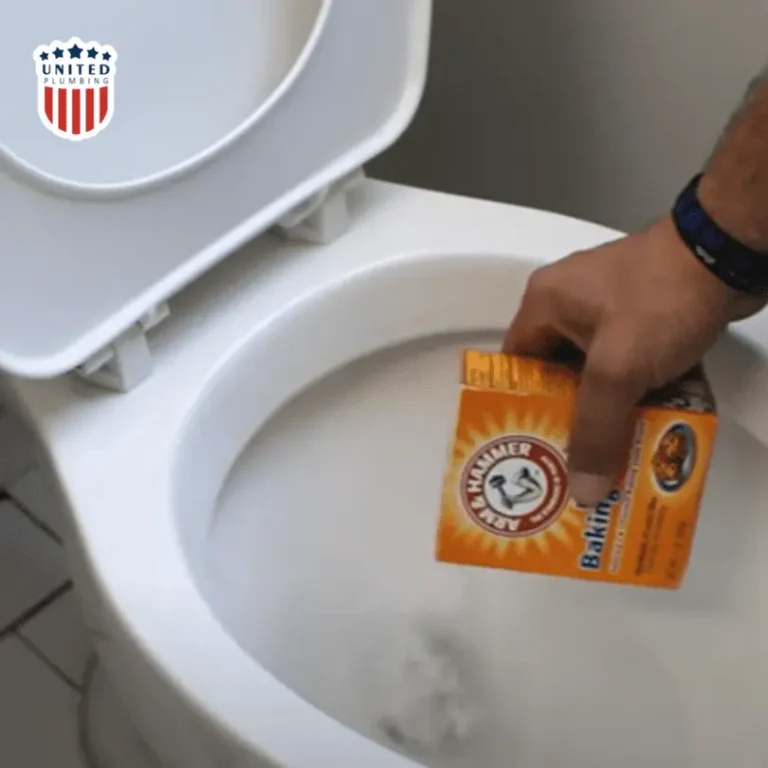
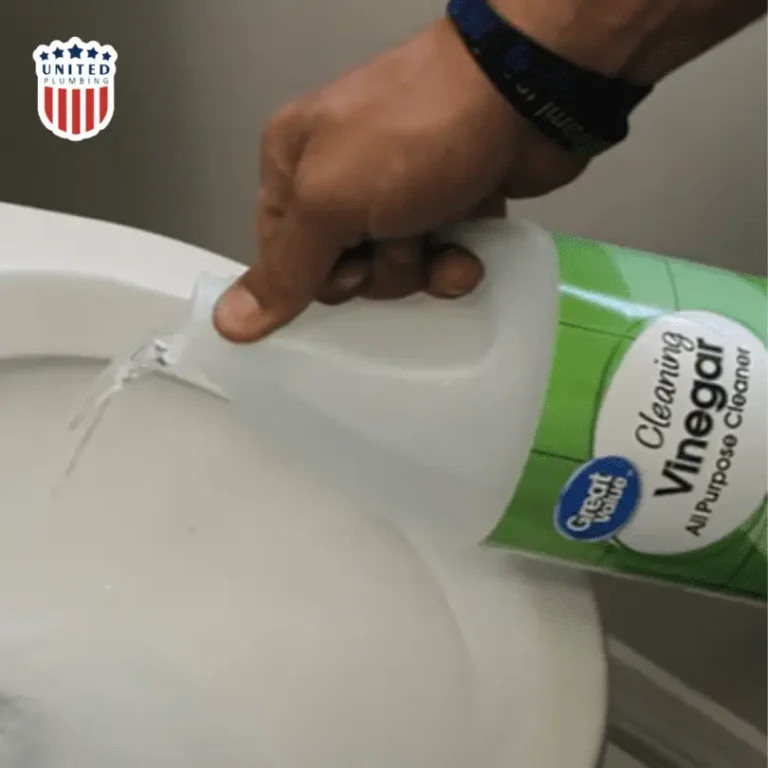
Use Drain Strainers: Install drain strainers in your sinks and showers to catch hair, food particles, and other debris before they enter the drain pipe. This simple preventive measure can help minimize clogs and reduce the likelihood of foul odors.
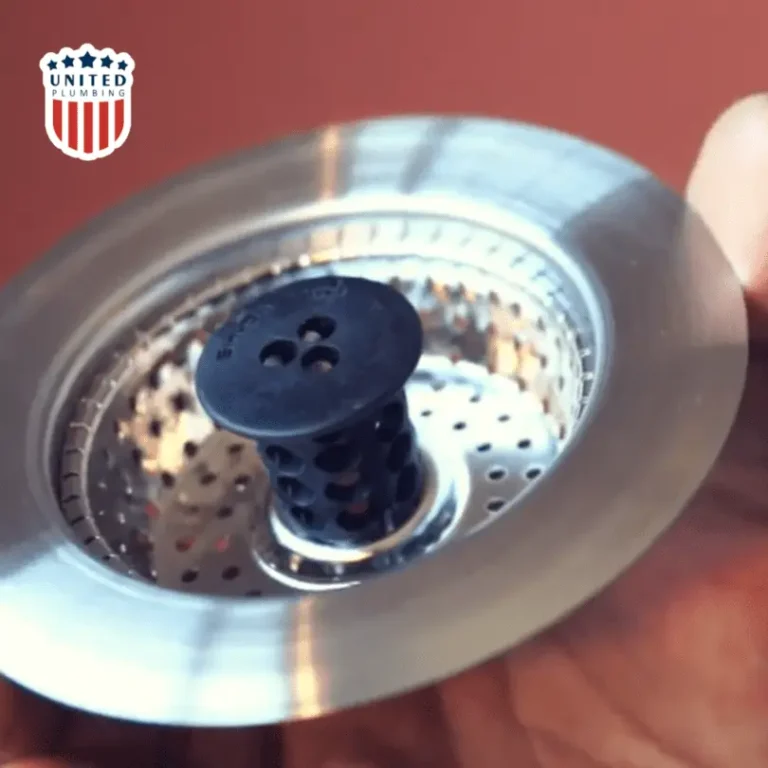
Professional Drain Cleaning: If you’re dealing with a stubborn clog and persistent odor, it may be time to enlist the help of a professional plumber. They can use specialized tools and techniques, such as hydro-jetting or drain snaking, to remove the clog and thoroughly clean your drain pipes.
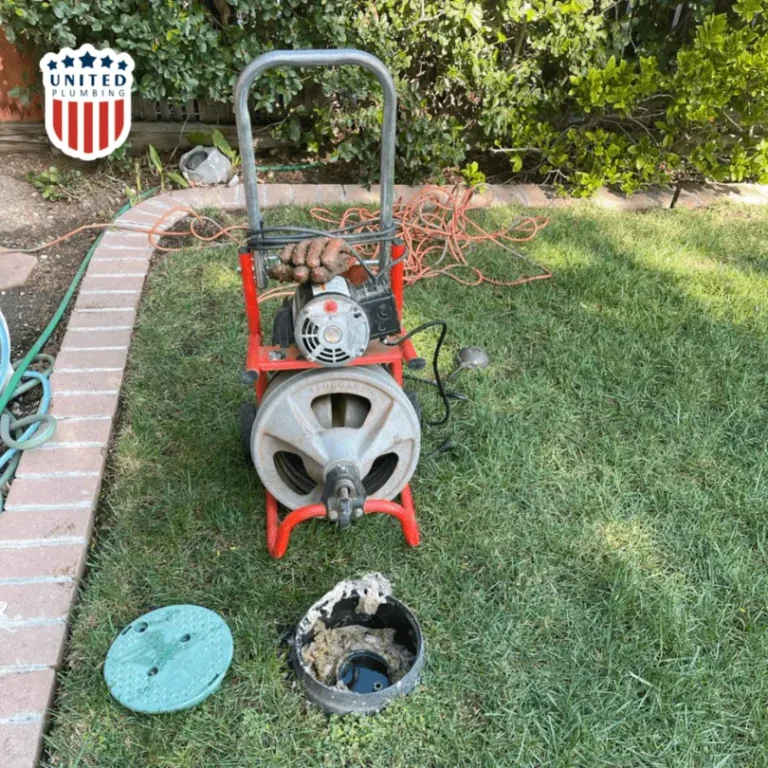
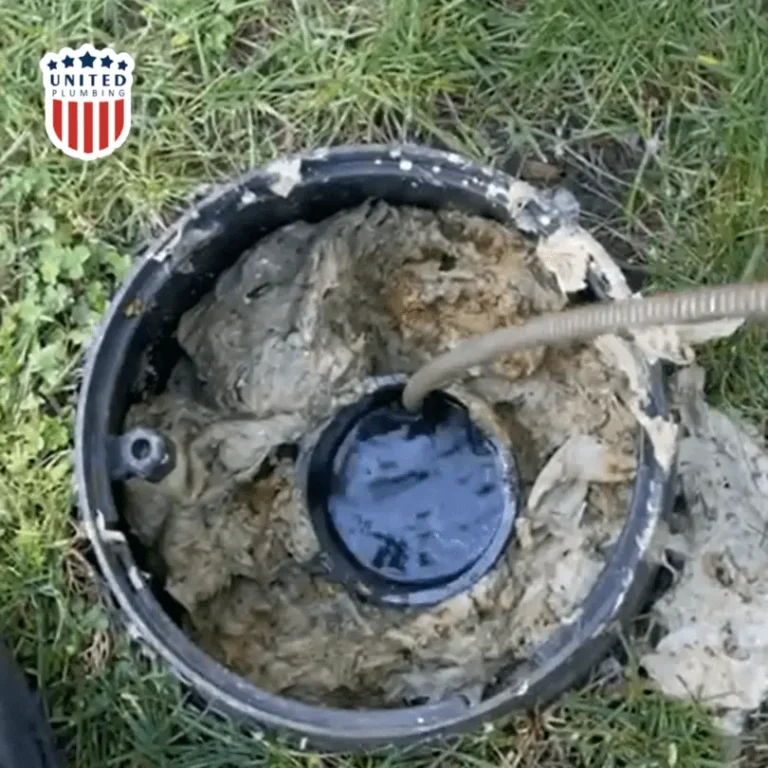
Ventilation: Ensure proper ventilation in your home to allow sewer gases to escape outdoors. Install vent pipes or vents in your plumbing system to prevent sewer gas buildup and backflow.
In conclusion, the foul smell emanating from your clogged drain is a result of organic matter decomposition, bacterial growth, and trapped debris and moisture. By understanding the underlying causes and implementing preventive measures, you can effectively tackle the issue of smelly drains and enjoy a fresher, more pleasant living environment.
Post views: 590
Latest posts

How Much Does Sewer Line Replacement Cost in California? 2026 Breakdown
In 2026, the average sewer line replacement cost in California ranges from 6,500 to 22,000 dollars. The final price...

Trenchless Sewer Repair vs Traditional Digging: Cost, Pros & Cons in California (2026 Guide)
In California, trenchless sewer repair typically costs between $6,000 and $18,000, while traditional sewer line...


If you still have questions or need advice, please leave a request and we will contact you as soon as possible
Need a plumber and got no clue where to start?
(408) 539-6936Facing a plumbing issue? Get a FREE in-person estimate and quick solutions from our skilled technicians, ensuring your home runs smoothly again!
